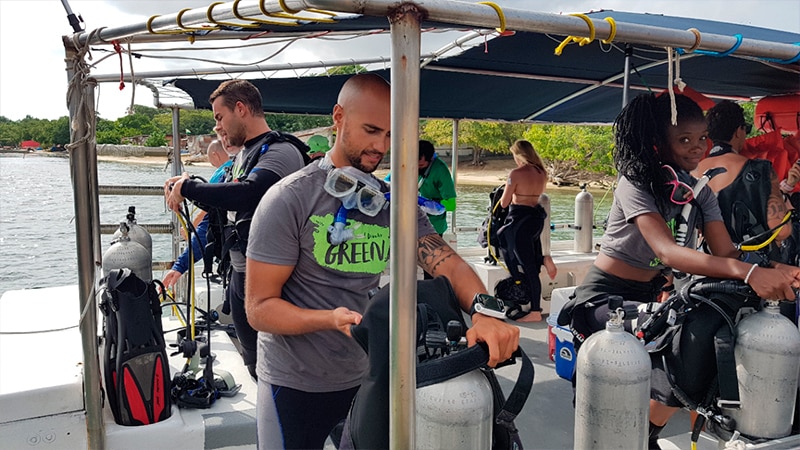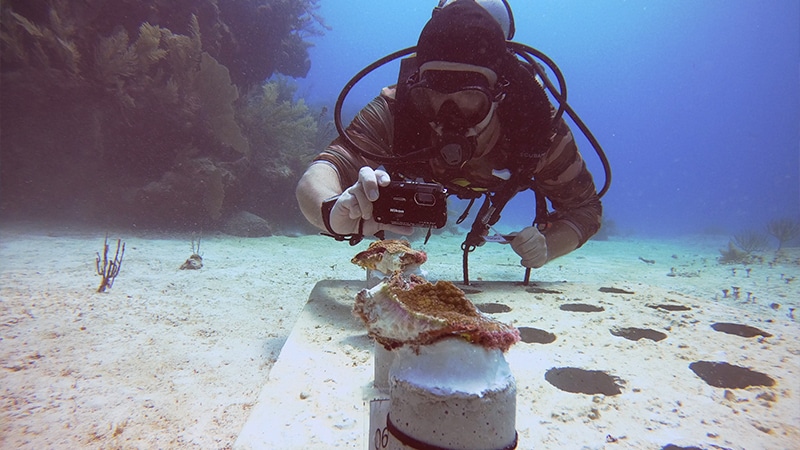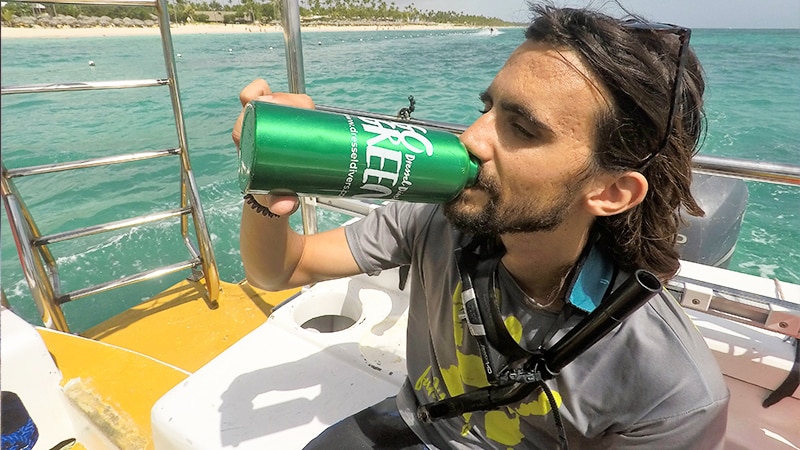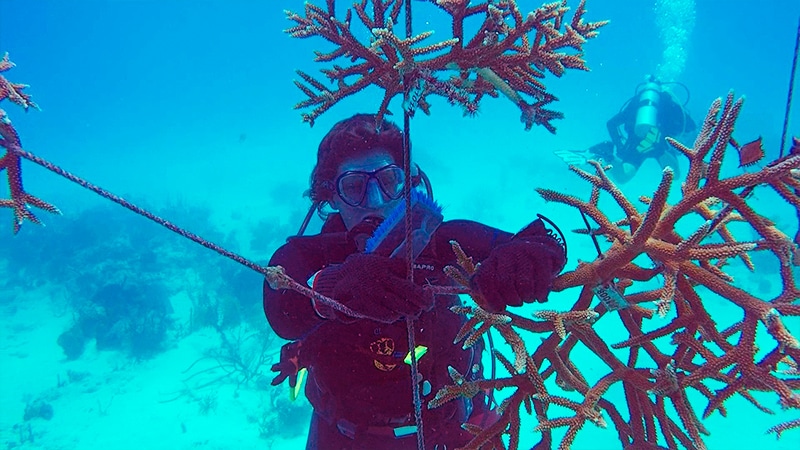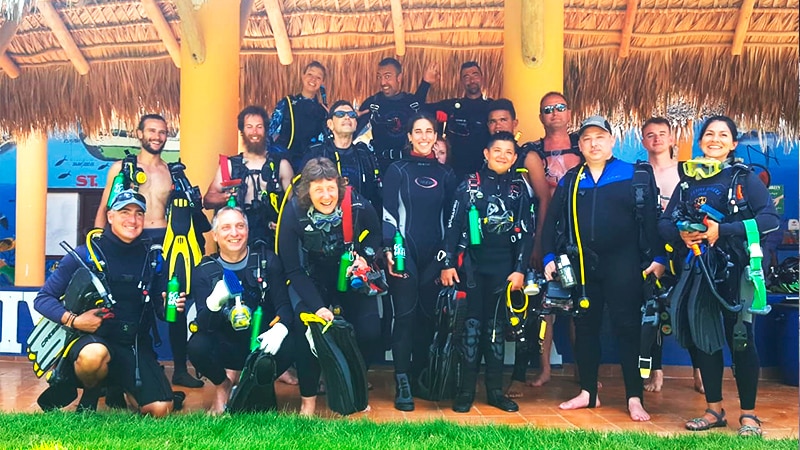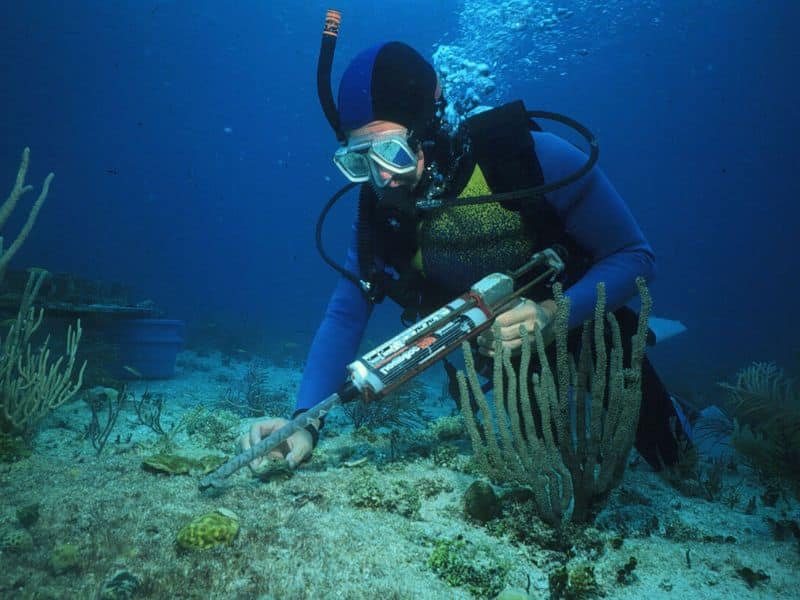3. How to Practice Eco Diving
Ecological consciousness
It becomes vital to show deep respect for marine life. As a diver, nurturing a love for nature is paramount. Take a moment to marvel at the exquisite beauty of the ecosystem while acknowledging its delicate nature. By doing so, you become an active contributor to its conservation efforts.
Buoyancy control
Let’s talk about a crucial skill in eco-diving: buoyancy control. It’s your underwater superpower! Having excellent control over your buoyancy is key to being an eco-diver. The truth is, many mishaps that harm our coral reefs occur because divers struggle with their buoyancy. Accidentally bumping into a reef or holding onto it is indeed a recipe for damage.
Practicing eco diving, you must maintain proper buoyancy control. This means staying at a safe distance from the reef, and it has two marvelous benefits. First, it reduces the risk of harming yourself or the reef if something unexpected occurs. Second, it lets the underwater critters feel at ease, knowing you’re not a threat.
Responsible shooting
If you’re an eco-diver with a passion for photography. You can still capture those unforgettable moments without causing harm. So, when you’re taking those amazing shots, avoid using the flash as much as possible. Oh, and never ever rest your camera on the reef – remember, it’s their home, not a tripod! Follow this golden rule: never prioritize a “good” image over the well-being of the marine organisms or their environment. Trust me, your pictures will be truly exceptional.
Secure your equipment
Now, let’s delve into the topic of gear. To become an eco-diving legend, it’s crucial to ensure the safety of your equipment. If your gear swings freely and inadvertently collides with the coral – that’s a nightmare for the reef! To avert this catastrophe, utilize your BCD clips and tethers. Securely fasten your gauges, regulators, flashlights, and other gadgets close to your body, just like a well-prepared scuba diver.
Advanced finning techniques
Last but not least, let’s dive into finning techniques. It’s like dancing underwater! While a powerful kick may give you a turbo boost, it’s not suitable when you’re close to a coral cave, wall, or reef. Instead, embrace the marvelous frog kick. Haven’t mastered it yet? No worries! Check out this article that can help you become a finning maestro: Scuba Frog Kick, How to Make a Perfect One?




